Vitamin K2: not many people know much about about it. But it may be one of the hidden vitamins that can vastly improve your overall health.
The most substantial benefit may be a decreased risk of developing prostate cancer. (1) This overlooked vitamin also helps to protect against heart disease. (2)
But despite these health benefits, vitamin K2 still remains fairly obscure. In fact, many barely know anything about vitamin K1, let alone K2.
A common misconception about K2 is that it performs the same roles as vitamin K1. In reality, the two could not be more dissimilar.
To start with, vitamin K1 is used mostly by the liver, whereas vitamin K2 is used by other parts of the body. [tweet_quote] Vitamin K2 is critical for bone health, working synergistically with calcium. [/tweet_quote] In fact, low levels of vitamin K2 may even interfere with calcium regulation. (3) This is not the case for vitamin K1.
In fact, two of the most common health issues that plague us — osteoporosis and heart disease — can be worsened by not getting enough vitamin K2. Researchers have found that bone morphogenetic protein-2 also helps to play a role in bone formation. Interestingly, this protein is vitamin K-dependent. (4) Typically, those with low calcium levels in their bones have excess calcification of the arteries. This is not good news for your health.
But in regards to a Paleo diet, it is perhaps most interesting that we seem to require good amounts of preformed vitamin K2 in our diets in order to obtain (and maintain) the highest levels of health. This K2 is then used to put calcium in the right places (like in your teeth) and keeps it from being calcified in your arteries. (5) While most people typically get enough K1 in their diets, most do not get enough K2.
Foods with Vitamin K2
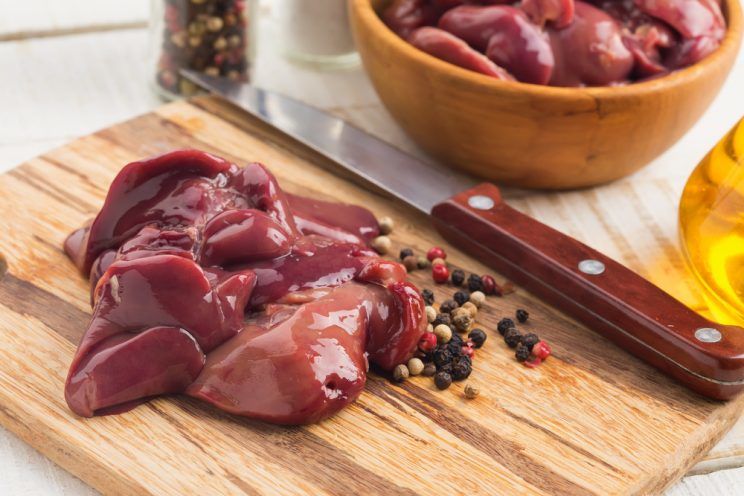
- Organ Meats
- Egg Yolks
- Dairy
When it comes to consuming this vital vitamin, organ meats, egg yolks, and dairy will be your best bets. Those following a stricter Paleo diet will want to avoid the dairy, which means you will really need to load up on the egg yolks and organ meats.
Vitamin K1, by contrast, is found in leafy green vegetables. Like many other vitamins and minerals, the recommended dietary intake of vitamin K is much lower than required, if you’re looking to have optimal arterial and bone health.
What Does The Science Say?

Supplementing with Vitamin K2

How Much Vitamin K2 Do I Need?

There isn’t a set limit for K2 consumption, but increasing consumption of eggs, organ meats, and grass-fed dairy (if you can tolerate it), or supplementing, will help you improve your K2 status. Research has found that higher intake of K2 has been associated with a reduced risk of heart disease. (8)
Vitamin K2 and Heart Disease

This is extremely important in helping to prevent heart disease, as buildup of calcium in the arteries around the heart is a huge risk factor for the disease. (11) Higher intakes of vitamin K2 have been found to lower this risk by as much as 50 percent. (12)
Vitamin K2 And Your Teeth

From here, osteocalcin then starts a mechanism which helps to start the growth of new dentin. What’s dentin? It is the calcified tissue which can be found under the enamel on your teeth. Vitamin K2 is very helpful for this entire process.
Vitamin K2 and Cancer

Since one of the most important K2/prostate cancer studies had an average follow up time of 8 years, long-term benefits of vitamin K2 seem to be fairly well-proven. However, much more research is needed.
What is clear is that supplementing with K2, or starting to include more of it in your regular diet, will help your overall health. If you aren’t already, start to incorporate egg yolks and organ meats in your daily diet. These 2 foods are staples of any great Paleo diet, and are both very nutrient-dense.
The Bottom Line
The benefits of K2 are not dependent on your health, weight, exercise status, or age. It is one of those rare vitamins that will be beneficial for everyone. You can supplement with K2, or you may want to focus on organ meats, grass-fed dairy, and egg yolks, instead. But no matter what you choose to do, make sure you start including some more vitamin K2 in your life — your bones, heart, prostate, and liver will thank you!
(Read This Next: The Ultimate Guide to Vitamin D)


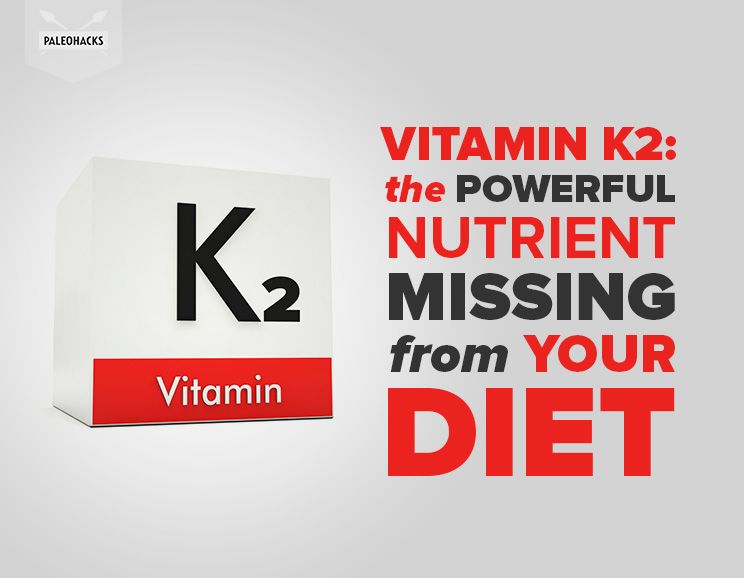
 What Successful People Do To Keep The Weight Off
What Successful People Do To Keep The Weight Off
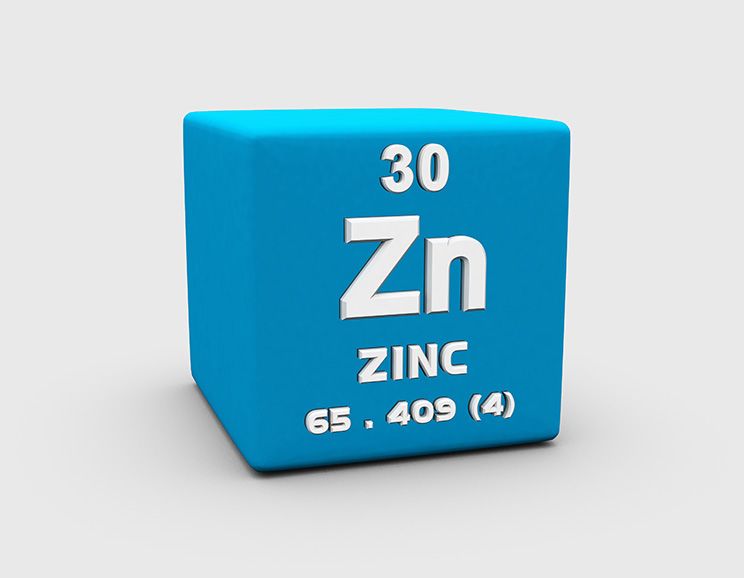

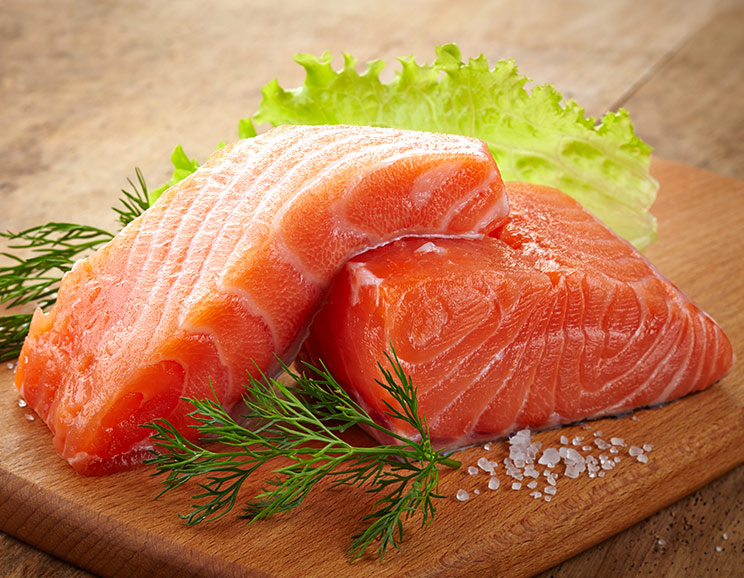
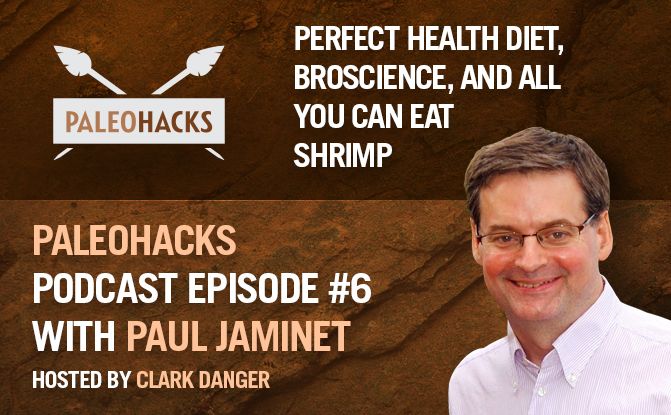
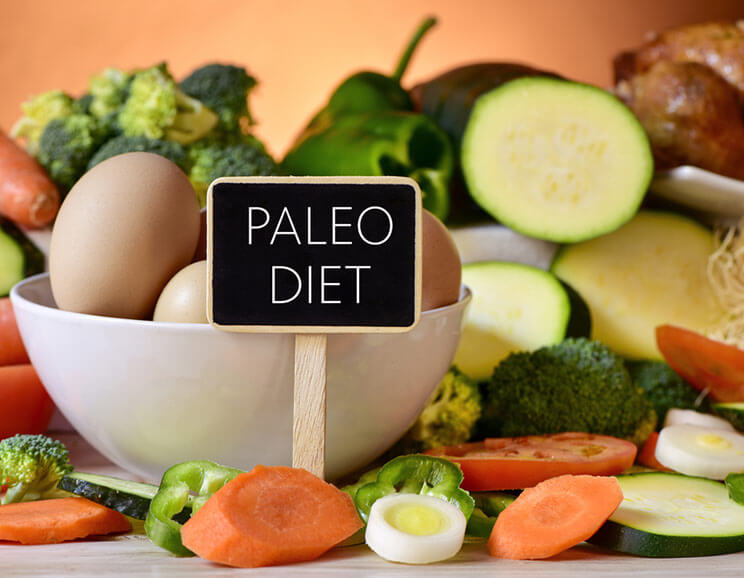
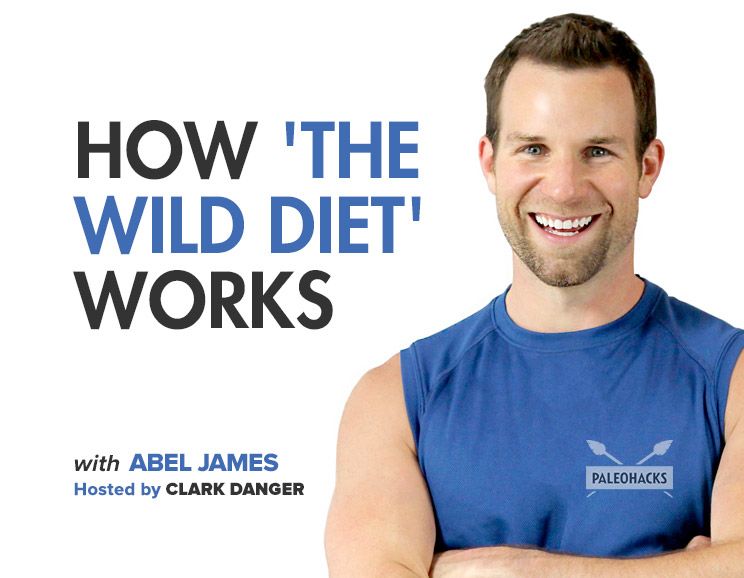
Show Comments